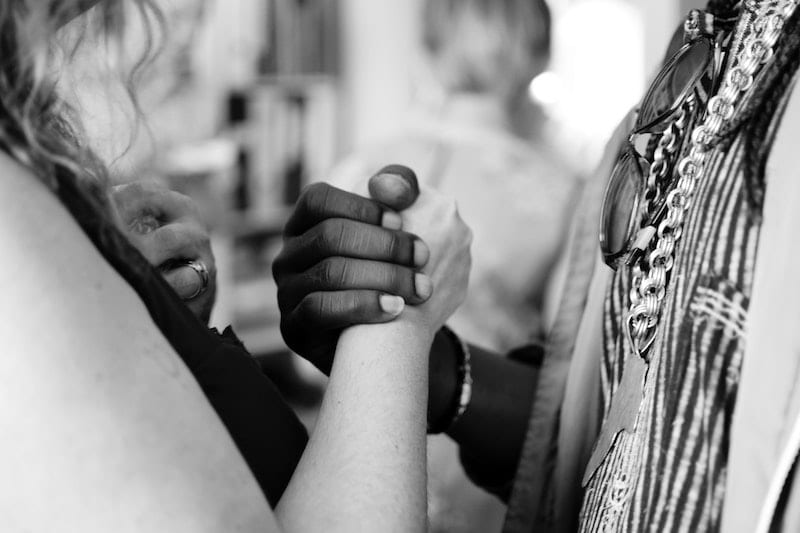By: Nadia Ali & Roma G Velasco
Last month, our team offered another workshop on Diversity, Equity, and Inclusion [DEI]. We partnered with Affinity Arts Consulting and used theater-based learning to invite participants into an engaging discussion about implicit bias and microaggressions.
The scene performed by the actors and the discussion that followed generated some valuable questions that we will continue to include in our next DEI workshop. One key question we want to share is, “How do we respond to implicit bias and microaggressions when we experience, observe, or witness them, or when we are made aware of it in our personal and professional lives?”
Here are a few reflections and tips about this topic from Nadia Ali, Senior Consultant and Diversity, Equity, and Inclusion Expert here at Integrated Work:
In order to keep our biases in check and address them, self-reflection is key. I like to think about this as part of self-care. Questions that I constantly reflect on are:
- What decisions do I make or interactions do I have where there is the potential for implicit bias?
- Who do I gravitate towards? Who do I surround myself with?
- What am I watching? Reading? Listening to?
- What experiences am I exposing myself to?

Self-awareness, understanding the nature of bias, and discussing and sharing with others from backgrounds different from yours can lead the way to explore your own biases. However, it’s important to do so in spaces that feel brave and safe, in an environment where people are open to alternative perspectives and views.

Biases can often show up in the form of microaggressions. These “everyday verbal, nonverbal, and environmental potentially offensive comments (Microaggressions in Everyday Life: Race, Gender, and Sexual Orientation, 2010)” can have long-lasting impacts on a person’s health and well-being. When we recognize the impact comments like those can have, we take a crucial step towards addressing bias.
- An example of a common microaggression is something as simple as asking someone “Where are you really from?” If this is a conversation that is taking place in the US, the question can feel as if it is implying, “You aren’t American.” Regardless of whether that assumption is correct or not, the way the question was asked in the example, does not foster inclusiveness. Reframing this kind of question by asking, “Where did you grow up?” or “How long have you lived in this town?” comes from a more open-hearted place.

If someone in a conversation approaches you and says that what you said may have been offensive, moving to a place of curiosity and accountability rather than defensiveness will help you to stay connected to the other person. Be aware of how your body is reacting, take a breath, resist the impulse to defend yourself, apologize genuinely, and thank them for the feedback. Reflecting on what happened can give you greater insight into your self – which is the gift of this kind of interaction.

One thing to remember is that we are human and we make mistakes, and that’s okay! Change is a process. What’s important is how we respond to our mistakes and how we can learn and grow from our experiences to do better the next time.
Want to get updates and join our upcoming workshops? Sign up for our DEI reminders.
